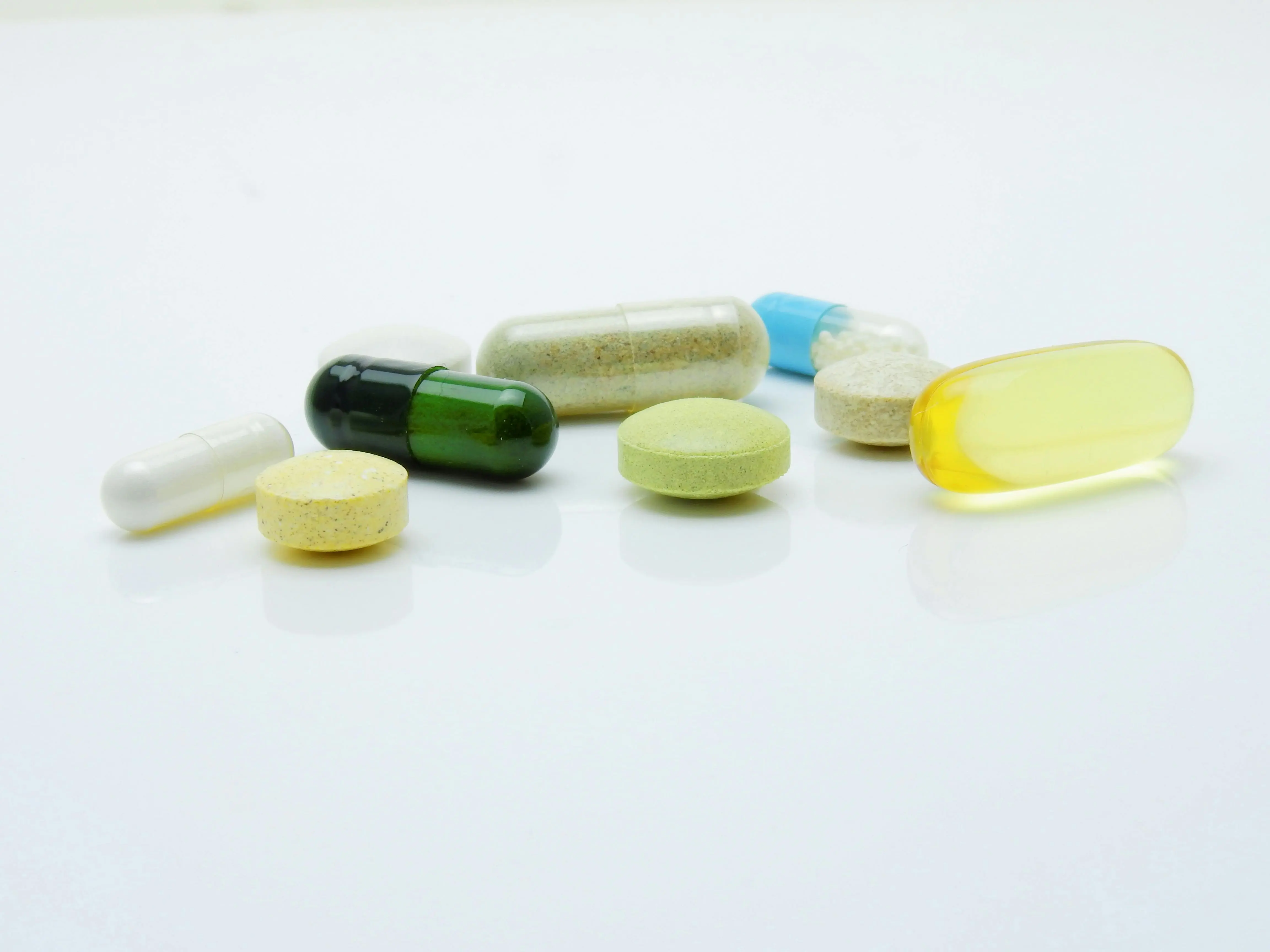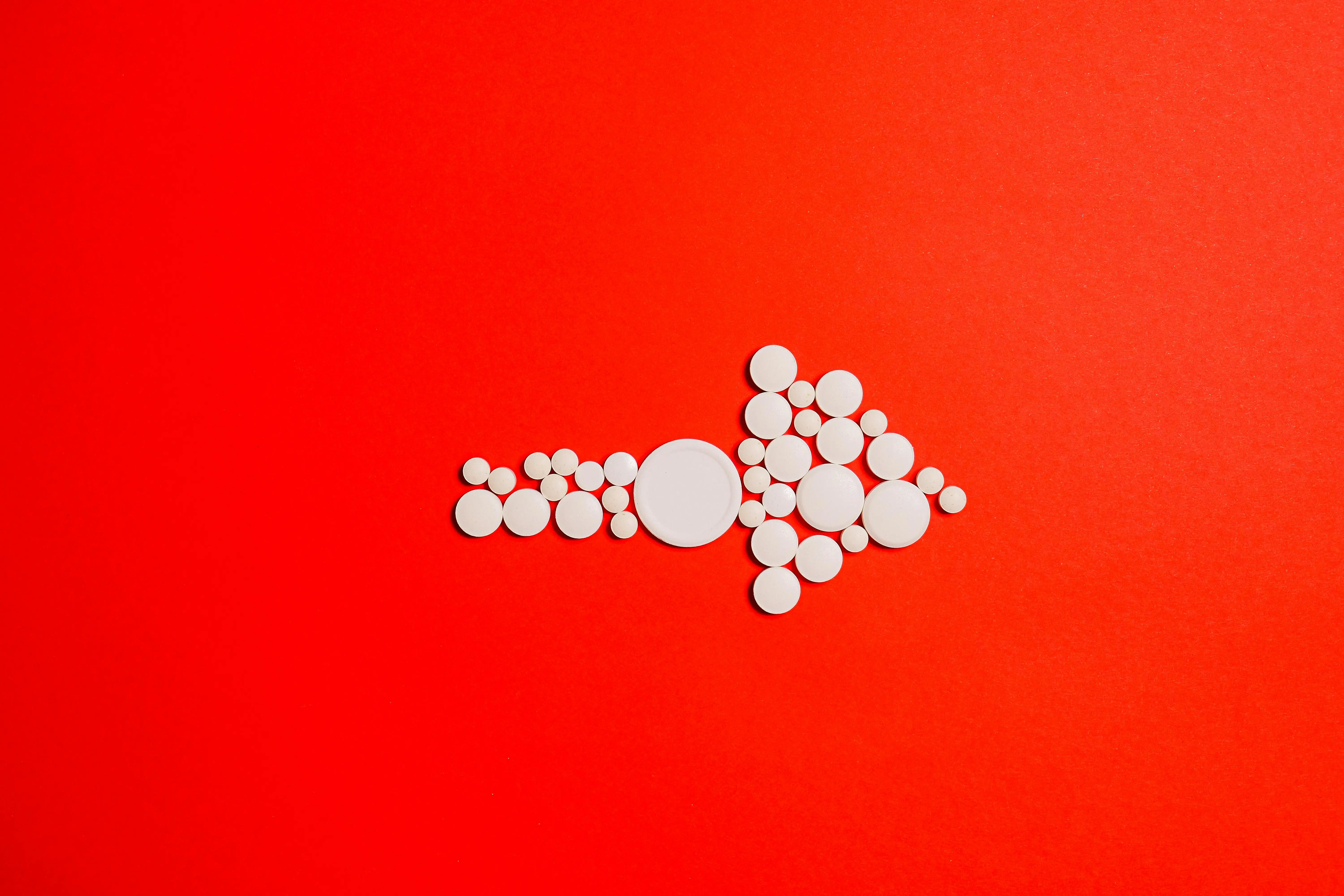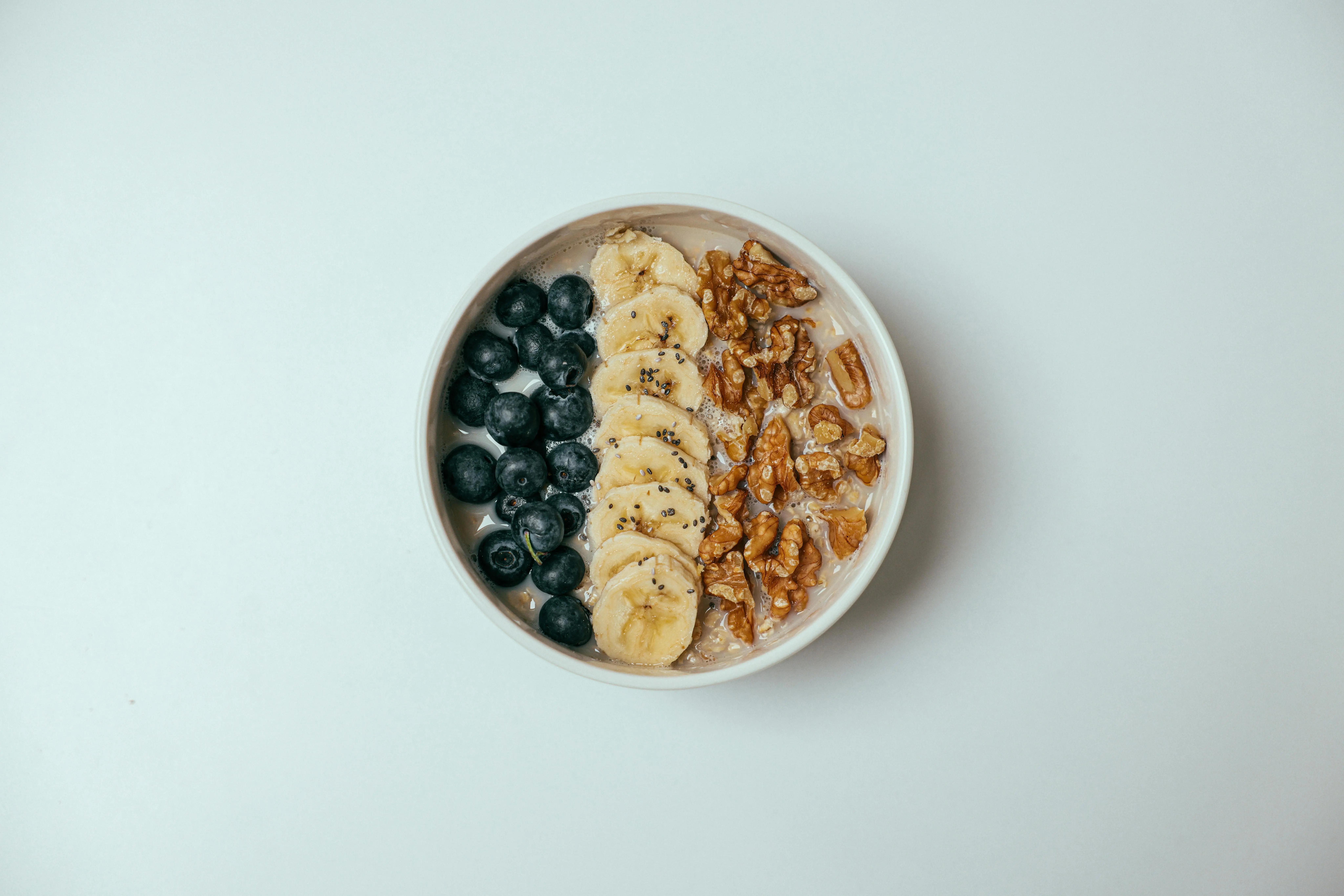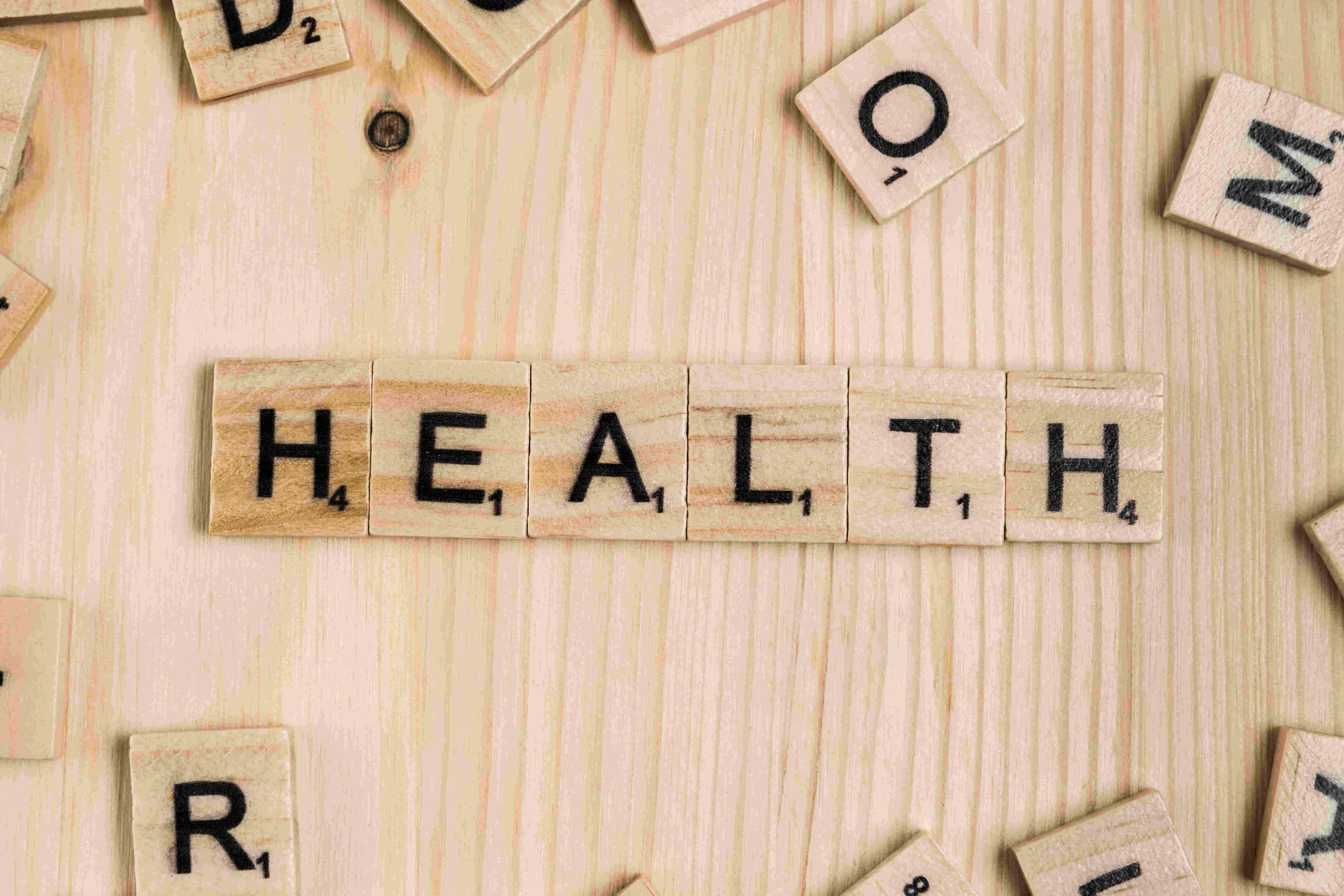The search for "eternal youth" has been a human pursuit for centuries. In recent years, an entire industry has developed around the theme of "longevity": Creators, startups, and Hollywood stars swear by certain supplements and treatments that supposedly slow aging and extend lifespan. We take a look at five of the most hyped longevity supplements and uncover what's really behind them.
1. Taurine: The new superstar with little substance
Taurine is suddenly on everyone's lips—not just in energy drinks but also in longevity capsules. The hype began when studies on mice and worms suggested that taurine could extend life. All of social media was thrilled: suddenly, taurine was considered the "secret weapon" against aging. But new research in humans shows: Taurine levels don't drop in old age as observed in animals. And whether supplementation has any effect on humans is completely unclear.
2. NAD+ infusions: Lifestyle trend from the USA
Hardly any longevity supplement is marketed as lifestyle-oriented as NAD+—especially in the form of infusions. Health gurus like Bryan Johnson or Gwyneth Paltrow pay a lot of money (often several hundred to thousand euros per session) to have the coenzyme injected directly into their veins. The theory sounds promising: NAD+ is important for cell energy and regeneration, makes the skin glow, boosts the immune system, and much more.
The findings so far sound promising. However, science remains skeptical about whether NAD+ infusions or NR supplements actually slow aging or extend lifespan—there simply aren't enough valid long-term studies yet. Some professionals see the trend, especially in infusions done occasionally, as more of an expensive placebo effect.
3. Collagen – beauty to drink?
Collagen is currently the quintessential longevity supplement: influencers swear by their daily collagen shake and the promises sound enticing—radiant skin, strong nails, healthy joints, and a younger self (especially visually). But does the powder deliver what it promises? Science takes a more sober view: While some studies show slight improvements in skin elasticity and wrinkle depth, the effects are usually moderate and often sponsored by the industry.
The body anyway breaks down collagen into amino acids, which are then used as needed - it cannot specifically "fill in wrinkles" with it. And as far as the big promise of longevity is concerned, the evidence is still lacking. Tip: Instead of another beauty drink, collagen can also be taken in via a homemade organic beef broth, which at least contains other nutrients.

















